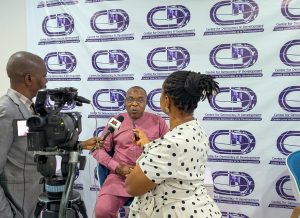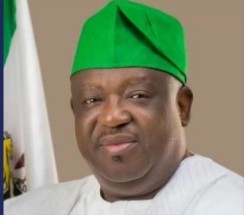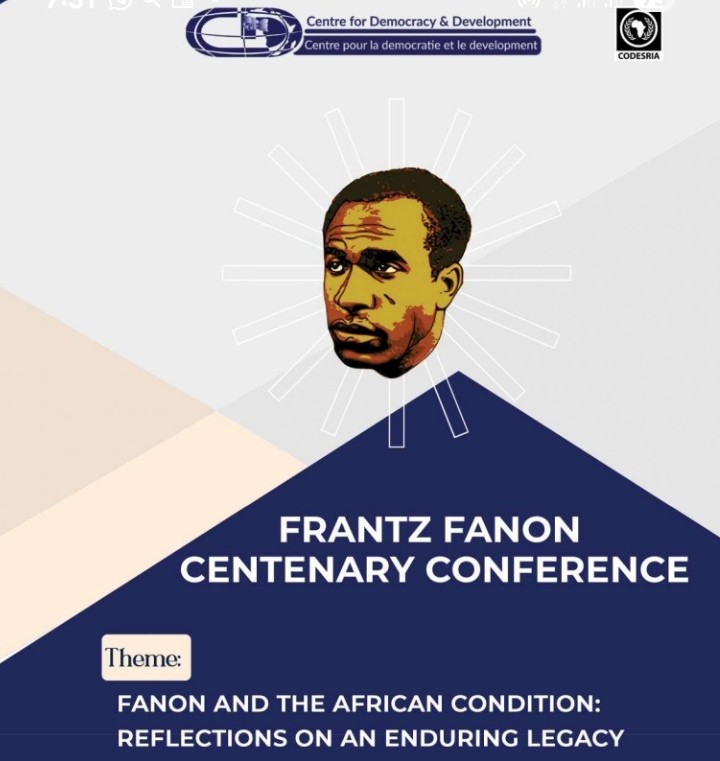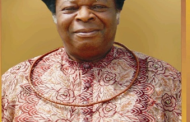Some of Africa’s most established scholars are converging on Jos, the Plateau State capital, for the centenary of Frantz Fanon. The grand theme of the centenary is ‘Fanon and the African Condition: Reflections on an Enduring Legacy ‘
Intervention has learnt that Plateau State governor, Barrister Caleb Mutfwang is leaving everything on his gubernatorial table to personally declare open the centenary and make the scholarly visitors welcome to the home of tourism.
 CDD director, Dr. Dauda Garuba and other members of the Planning Committee have, since Monday, been explaining through a media blitz why the centenary is justified and what benefits Africa stands to derive from it at a time of unspeakable grief and uncertainty resulting from explosive violence in several African countries.
CDD director, Dr. Dauda Garuba and other members of the Planning Committee have, since Monday, been explaining through a media blitz why the centenary is justified and what benefits Africa stands to derive from it at a time of unspeakable grief and uncertainty resulting from explosive violence in several African countries.
Jointly put together by Nigerian think tank-the Centre for Democracy and Development (CDD), the Dakar based Council for the Development of Social Science in Africa (CODESRIA), the Academic Staff Union of Universities (ASUU), the University of Jos (UNIJOS) and the Kano based Centre for Information Technology and Development (CITAD), the centenary will take another look at the works of the late Martinique psychiatrist in relation to what it says about the African condition in world politics.

Plateau State gov, Barr Mutfwang
The African condition in world politics is not a conceptual given but the metrics are generally not seen as encouraging. It will only become better understood by the time leading scholars (African and non-African) sink their teeth into it in Jos.
Among them are Prof Adele Jinadu, Okwudiba Nnoli, Nzongola-Ntalaja, Peter Anyang Nyong’o, Jibrin Ibrahim, Robert Dossou, Mahlengi Bengu-Motsiri, Adebayo Olukoshi, Godwin Murunga, Rhoda Nanre Nafziger, Cde John Odah and many more.
Beyond what the senior academics would be saying, Intervention has understood that there are papers from Nigerian, Ugandan, Ghanaian, Zimbabwean and South African universities that could be battlegrounds for the scholarly rather than the usual ideological critique they are pushing.
Above all, an inter-generational conversation is understood to be in the works, enabling youngsters to benefit from the experience of the in responding to the crisis of knowledge production on the African continent. Over a hundred others will be participating in the centenary online.




























